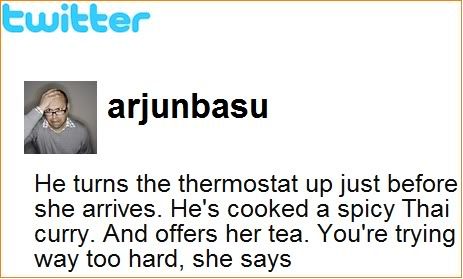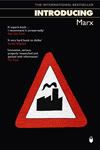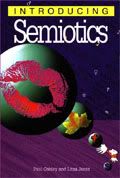In (Partial) Defense of Canons
Posted in The Gnovis Blog
“Canon” has become something of a dirty word in some circles of the academy. These are almost always the circles I find myself in so it has been fairly surprising to find myself coming down on the opposite side of this particular issue. Though I agree with a great deal of the criticism leveled at the idea of a canon, I still see some utility in the concept as a point of entry. As a student trying to make my way into academic conversations that have been going on since long before I was born, the ability to hit some historical high points before diving into a subject is indispensible
trying to make my way into academic conversations that have been going on since long before I was born, the ability to hit some historical high points before diving into a subject is indispensible
I do, of course, take serious issue with the prejudiced exclusions present in many older canons. In literature, for example, the idea that virtually no books by women, people of color, or non-Europeans were ever considered to be worthy of study is astounding. However, I am more interested in the strategy of highlighting works previously ignored than throwing out canons altogether. After all, doing away with canons hardly seems an effective strategy for nurturing academic respect for more diverse work. Without circulation of recommendations, those same narratives are in danger of getting lost in the shuffle and read perhaps only marginally more than when they did not make the list. In that scenario even people who want to expose themselves to US Latino literature, women’s autobiographies, or LGBT writing of the Harlem Renaissance may be unable to avail themselves of the most beloved and most cited examples if we devote ourselves to the strictest path of canon crushing.
The specific nature of the engagement with older canon works has also problematic and in need of shaking up. Though I think that maintaining some form of list (or lists!) of great aesthetic and thematic achievements is useful, I do not believe that a work’s presence on such a list ought to be the sole criterion making it worthy of study. One example among the other reasons one might look closely at a piece of media is a work’s broad circulation. Being someone who identifies their work as Media Studies, broadly defined, I hold that films like Twilight, novels like those by Janet Evanovich, and comics like Fox Ttrot or Spider-Man are worth examining because their themes and structures are being consumed by so many people.
In this same vein, the concept of the canon as I understand it seems unnecessarily stuck to a few media. It has been the most operational in literature, visual art, music, and, more recently, film. The last is an interesting case because it is so much more recent and because one can track the establishment of the film canon in correlation with its acceptance as an academic discipline. Of course, I do not believe that we ought to, therefore, build up canons for Television and short-form internet video productions, multiplying out endlessly as new media are developed. First, in that model, there will always be exclusions based on medium. Where, for example, do my beloved Twitter short stories fit into this type of system? Second, I do believe that the legitimacy of a study should be rooted in and judged by its specific stakes, not the evidence it finds appropriate to appraise.

What I propose then is not the kind of unchanging, exclusive canons that we have seen in the past, but a freer flowing and organic series of recommendations primarily aimed at giving students and other interested parties easier access to the world of academic discourse. These kinds of lists would ideally open students up to new possibilities, rather than limiting the legitimacy of study. Of course, the reality is that this strategy is very much alive and well. Making centuries old arguments and disciplines available to all has been the aim of the creators of book series like A Very Short Introduction and Introducing not to mention professors around the country who construct syllabi for intro classes in all subjects of the humanities. These acts should, however, be called as they are and the anti-canon rhetoric adjusted to reflect the moderation we are hopefully seeking to achieve.



